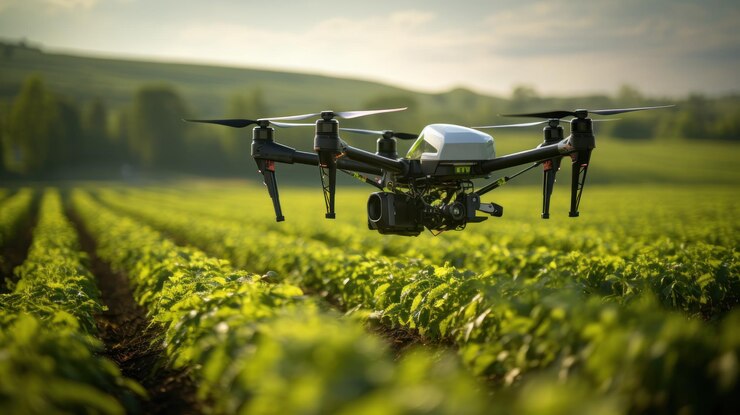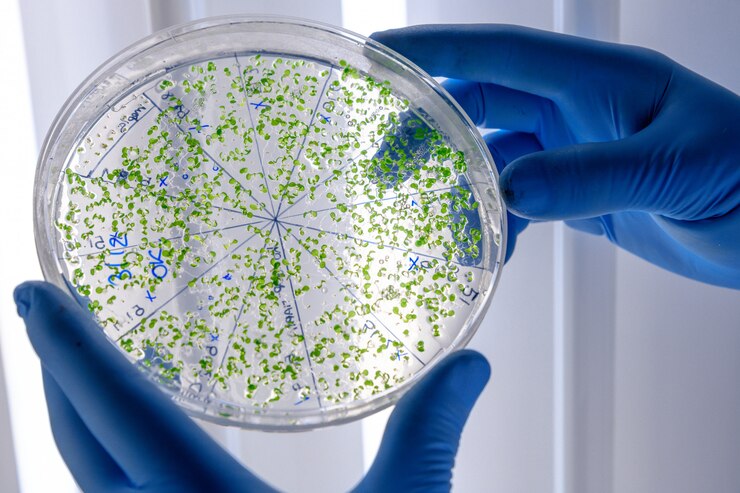As we step into a new decade, the agricultural landscape is poised for significant transformation, with a strong focus on technology and sustainability. Agriculture and contract farming, being the backbone of food production, are expected to see remarkable advancements in the coming years. Let’s delve into the key considerations shaping the future of agriculture:
1. Precision Agriculture:
Embracing Precision Agriculture techniques involves integrating cutting-edge technology for precise monitoring, resource management, and informed decision-making in farming practices. From satellite imaging to sensor-equipped machinery, farmers can optimize their operations for increased efficiency and reduced environmental impact.

2. Smart Farming:
The adoption of Internet of Things (IoT) devices, sensors, and automation is revolutionizing agriculture, ushering in the era of Smart Farming. These technologies enhance efficiency and productivity by providing real-time data on soil conditions, crop health, and weather patterns, allowing farmers to make data-driven decisions for better yields.
3. Data-driven Farming:
The marriage of data analytics and artificial intelligence is empowering farmers to make informed decisions in crop management and resource allocation. Harnessing data from various sources enables predictive analysis, helping farmers optimize inputs, reduce waste, and maximize output.
4. Vertical Farming:
In response to urbanization challenges and limited arable land, Vertical Farming continues to gain traction. This innovative approach maximizes production by stacking crops vertically, often in controlled indoor environments, offering a sustainable solution to urban food demands.
5. Climate-Resilient Agriculture:
Climate change poses challenges to traditional farming practices. Hence, the coming decade will witness the development and implementation of climate-resilient agriculture practices, ensuring adaptability and mitigation strategies to safeguard against the impact of changing weather patterns.
6. Digital Platforms for Contract Farming:
Digital platforms are set to play a pivotal role in streamlining contract farming agreements. These platforms enhance transparency and traceability, facilitating smoother collaborations between farmers and corporations, ultimately contributing to fair pricing and reducing middleman interventions.
7. Agroecology:
Sustainable and ecological farming practices, encompassed by the term Agroecology, are gaining prominence. This approach prioritizes biodiversity and soil health, emphasizing the interconnectedness of agriculture with the environment.
8. Market Linkages:
Strengthening connections between farmers and markets is crucial for a robust agricultural ecosystem. Technology will continue to play a key role in establishing efficient market linkages, ensuring fair pricing and minimizing the impact of intermediaries.
9. Agri-tech Startups:
The next decade is expected to witness a surge in Agri-tech startups focusing on innovative solutions. From crop monitoring tools to supply chain management systems, these startups contribute to the technological revolution in agriculture.
10. Global Collaboration in Agriculture:
Recognizing the global nature of food security challenges, collaborative efforts will be paramount. The coming years will witness increased global collaboration to address issues related to sustainable agriculture practices and equitable distribution of resources.
In conclusion, the future of agriculture is exciting and promising, driven by a harmonious integration of technology, sustainability, and global collaboration. As we navigate this transformative journey, the agricultural sector stands on the brink of Agriculture 2.0, a era where innovation and sustainability go hand in hand to meet the growing demand for food in a responsible and efficient manner.




